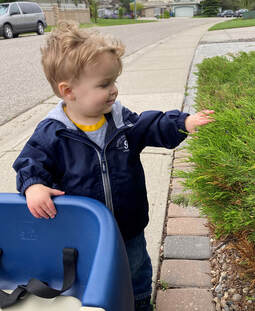
As we wandered along with Andy pushing the wagon, an around-the-corner neighbour, out checking her garden, was delighted to see the sight little Andy made as he walked along. She said hello to him, and commented we were smart to get out before the rain started. I agreed and then she added that we’ve already had a lot of rain. Again, I agreed and made some small talk with her while Andy checked out the feel of a soft evergreen bush. She paused for a moment and then, looking around at the lush green lawns and the beautiful first flowers in bloom said, “The aftermath is really beautiful, isn’t it?”
Her use of aftermath in this way has given me great pause for the last few days. I’ve always only used this word to describe carnage. When the massive windstorm hit our gorgeous hiking trails last Fall, we spoke of the aftermath of the storm, meaning the devastation that was left behind after the storm had passed. When the floods of 2013 struck, the aftermath was, I thought, the terrible things left behind by the power of the storm.
I’d been thinking the aftermath was only the bad stuff. I never gave much thought to the idea that aftermath could be a good thing, a beautiful thing even. But it turns out that aftermath is really just the aftereffects of an event, usually a significant unpleasant event. It’s the event that is significant and unpleasant. The aftermath is simply what is left behind.
No one gets to judge for us what constitutes a significant, unpleasant event. Of course, most of us can agree on the big stuff. Natural disasters won’t get much pushback – they clearly qualify as events with an aftermath. Yet so too can office meetings, traffic jams, rejections, unkind comments, missed opportunities, embarrassments, and personal loss. The key is that they are not only unpleasant, but that they are significant. To us.
Most of us have lived long enough to have experienced several, if not many, unpleasant events. All of us who have, have stood in their aftermath. Sometimes we stand there stunned. Stunned by the devastation. Stunned by the feelings. Stunned by the unexpected turn of events. Sometimes stunned by the physical evidence of the event. When the experience is unexpected or shocking enough this is our natural, and reasonable reaction. The time we linger in this land is not prescribed. It can last only moments or for months. Here, we are certainly in the aftermath. And yet, even once this time passes, we continue to be in the aftermath.
In this new land, possibilities reveal themselves. Where we once only felt numb or shock, we can begin to see new possibilities. In the aftermath, we can appreciate the growth resulting from the rains, the beautiful lawn and gardens of our neighbour, the communities rallying together, the relationships made stronger, the commitments to one another solidified, and the goals and dreams made more vivid.
This perhaps is why there is a second meaning of aftermath. In the farming community, aftermath refers to a second growth, a rowen.
What a hopeful concept.
To think there could be a second (and third and fourth) chance for our own growth, especially after disappointment, or loss, or even catastrophe is so promising. It’s what allows us to continue to dream, to make plans, and to pursue dreams, knowing that while there may be ‘significant, unpleasant events’ in our futures, so to will there be some beautiful aftermaths; walks with precious tiny boys, just finding their walking legs, giving ways to chance meetings with wise, new-to-us neighbours.
My inquiry for you this week is, ‘What is the growth in the aftermath?’
It’s the end of June and for the second year, I’ve decided to take a little break from this blog. Not from writing though, for I have a couple of other projects on the go.
May you have a wonderful summer, with no significant, unpleasant events, and with lots of opportunity for new growth.
Elizabeth is a certified professional Leadership Coach, and the owner of Critchley Coaching. She is the founder and president of the Canadian charity, RDL Building Hope Society. She works with corporations, non-profits and the public sector, providing leadership coaching. She creates and facilitates custom workshops for all sizes of groups. She has expertise in facilitating Strategic Plans for organizations and for conducting leadership reviews. Contact Elizabeth to learn how to grow in the aftermath.
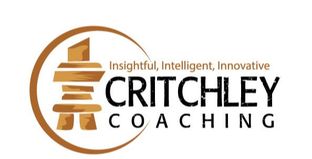

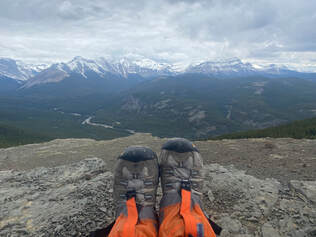
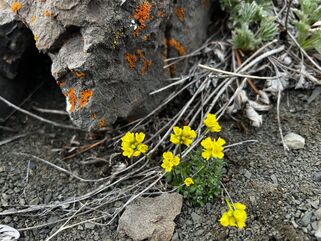
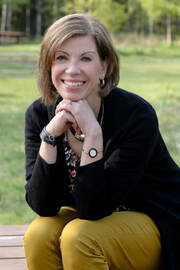
 RSS Feed
RSS Feed